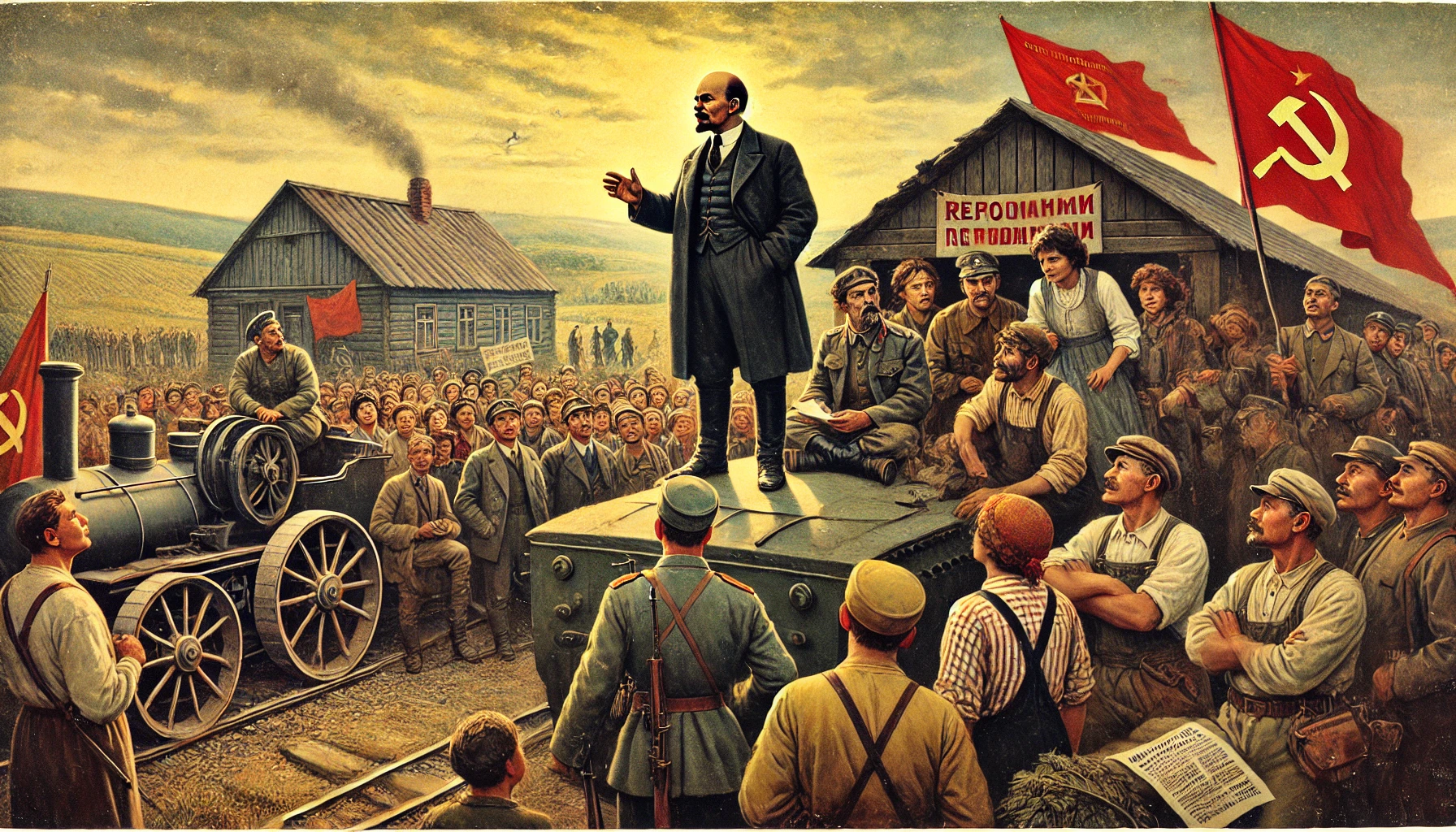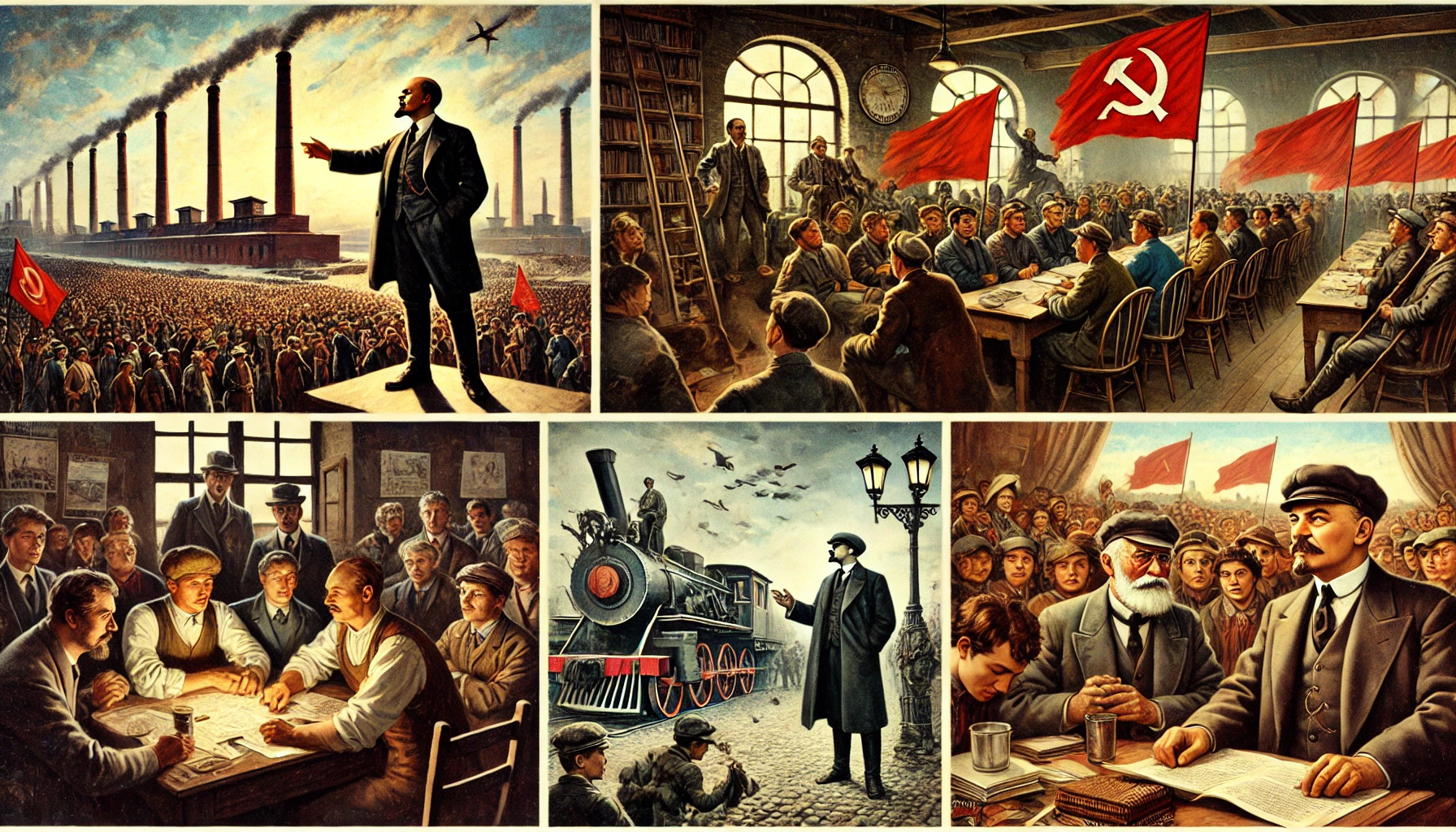The Tech Revolution’s Leninist Overtones: Disruptive Innovation at Any Human Cost
Silicon Valley thrives on the mantra “move fast and break things,” a philosophy that prioritizes rapid innovation over cautious consideration of consequences. This ethos mirrors Lenin’s revolutionary urgency, where progress justified collateral damage. But as technology reshapes society, the human cost of this disruption demands attention.
Advocates of disruptive innovation argue that it drives economic growth and societal advancement. Technologies like ride-sharing, e-commerce, and AI have transformed industries, improving efficiency and accessibility. Like Lenin’s industrialization efforts, these advancements promise a brighter future.
However, the downsides are significant. Workers in disrupted industries face unemployment, while consumers grapple with privacy violations and algorithmic biases. Critics warn that unchecked innovation risks creating monopolies and deepening inequality. These challenges echo the unintended consequences of Lenin’s policies, where centralized control often led to exploitation.
To harness the benefits of innovation while mitigating harm, tech leaders must prioritize ethical practices. Transparency, regulation, and stakeholder engagement are crucial. Lenin’s lessons remind us that progress achieved without regard for human cost risks alienating the very people it aims to uplift.
Originally posted 2024-06-22 08:51:12.



